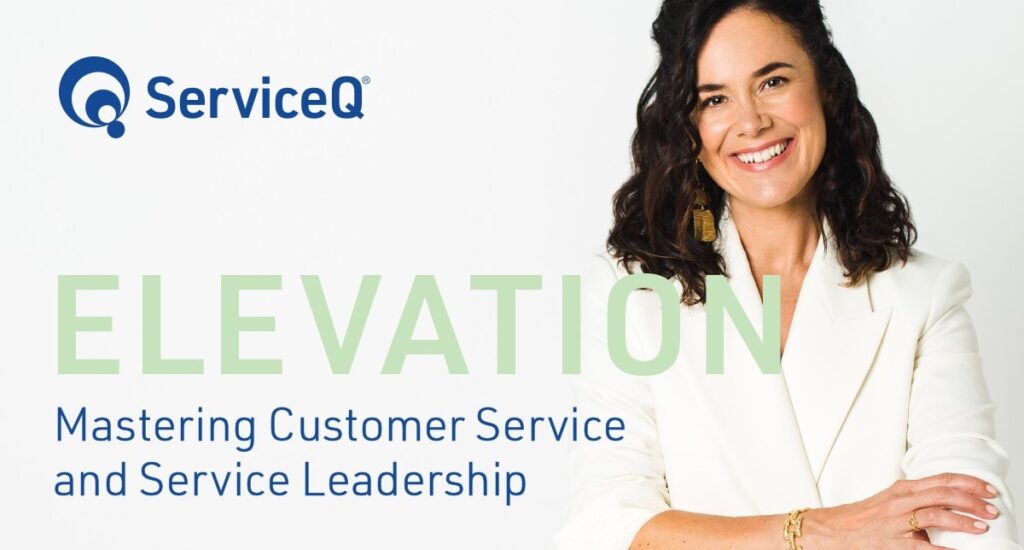After more than a decade of working with organisations to drive service excellence in their businesses, we’ve concluded (for now) that there are seven determinants that need to be in harmony for real service excellence to be consistently realised.
No doubt you want to know what those seven determinants are – and yep, I’m going to share them. But first, you need to understand why the seven determinants must harmonise with all the others to achieve success in service.
I used to love studying music at school and was a high achiever in all the music classes and performances. Anyone who went to school with me still reminds me how the song ‘Stop’, by sexy jazz singer Sam Brown, almost ended up being our school anthem, because I practised singing it most lunch breaks in the music room and everyone within range (i.e. the whole school) had to listen to me climbing the high notes and harmonising with the band. Sorry friends.
Music taught me a lot about the idea of being in harmony with an instrument or a fellow singer. In short, we were taught that there are seven notes to a musical scale and each note is distinct yet necessary to produce harmonious melodies. If one note is missing or a bit off, it affects the entire scale, and the music created from it.
Harmony used to be something I would obsess over. I never wanted to be off and let the team down.
We’ve applied this principle to create a method of achieving a service culture of WOW and helping individuals achieve service mastery. You need seven notes to be in play and in harmony with each other – then you have a masterpiece.
Here are the seven notes (determinants):
- Service Vision. Vision inspires an identity: who you’re becoming as a business or brand.
- Service Leadership. Leaders are trained and given frameworks to help them create the conditions for people to thrive and succeed at service.
- Service Language. Your business has a common service language that is widely understood and frequently used by all service professionals, and that is intentional and creates a positive mindset.
- Service Behaviours. Your business has an understanding of shared, explicit service habits, and your people know them and understand them, want them and share and act with them in mind.
- Service Education. This is another way of saying ‘training’. It includes the way people are engaged and enrolled in learning and development opportunities, the quality of their coaching in soft skills and human-related topics, and the materials and resources provided to support the learning.
- Service Improvement. A strong service-improvement process has custodians to keep applying pressure towards service excellence, and needs to translate to a plan that is taken as seriously as your safety and compliance plans.
- Service Praise. The best service recognition and rewards include a story or scenario to illustrate the praise, and they increase motivation.
To find out more about these seven determinants and how you score in each of them, come along to the next roadshow, see details below.
